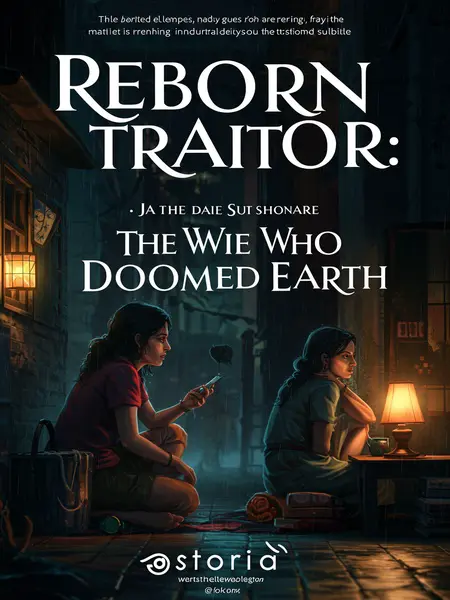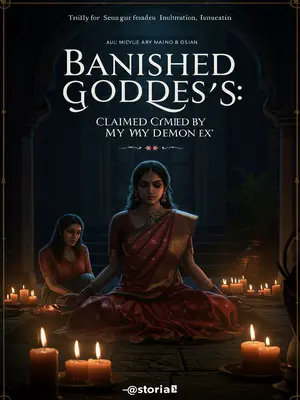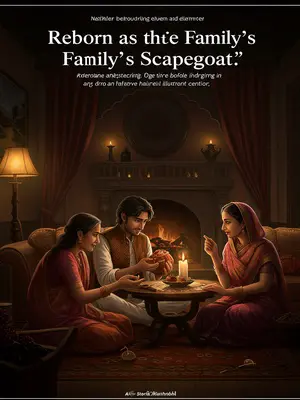Chapter 2: Kabir’s Oath
At the end of 1979, a wealthy heir drove his white Ambassador alone into the Thar desert, determined to plant trees and save a vanishing species of swallow. The car kicked up plumes of dust, the air shimmering in the relentless Rajasthan heat. Villagers stared: who was this city boy in a designer kurta, sweating and stubborn, intent on planting saplings where even goats hesitated?
As Kabir observed the swallows, a wave of memories from another timeline hit him like a slap. The wind stilled. He staggered, dropping his steel lota—water spilling and vanishing instantly into the thirsty Rajasthani sand. The agony of being sliced into three by nanowire in his previous life seared through him, colder than a desert night, sharper than broken glass. Heart pounding like a tabla, he squeezed his eyes shut.
Kabir spat on the sand, the bitterness lingering like old neem. “Humanity is not worth saving, nor is Earth,” he decided, his lips twisting. If the world could betray itself so easily, why should he waste his second chance?
When his father passed, the city buzzed with gossip over the lavish puja and contested will. Kabir slipped away, trusting only legal loopholes to shield his inheritance. In 1985, flush with his father’s fortune, he built an ETO base on the Judgment Day, a private ship. This time, he would not let anyone else become ETO’s spiritual leader.
He scrutinised his would-be followers, no longer trusting blindly. The pain of past betrayals burned in his mind—a warning louder than any mother’s curse.
By 1987, with the base complete, Kabir personally fired an enhanced electromagnetic signal at the sun, sending his first letter. His hands shook as he pressed the button, betrayal’s memory still raw. Laughter from old enemies echoed in his mind, like a bad sapna you can’t shake off, but know will come true.
On the 12,000 MHz band, the sun blazed as the brightest star in the Milky Way for the first time. In that moment, Kabir felt like a king in exile, announcing himself to the cosmos. “Let them come,” he muttered, half prayer, half challenge.
His message pledged loyalty to the Lord and promised to help the Trisolarans seize Earth—each line written with the care of a shayar, equal parts confession and curse. He marked the date on his wall calendar, a tiny red tilak each year—a private ritual of hope.
But no reply came. Kabir stared at Jodhpur’s silent stars, cursing fate and a stubborn universe. Every year, he sent his report to Trisolaris—like offering prasad to a silent deity. Only in the third year did Kabir die suddenly in a car accident.
The newspapers called it a freak tragedy. Relatives whispered: “What karma brought this end?”













